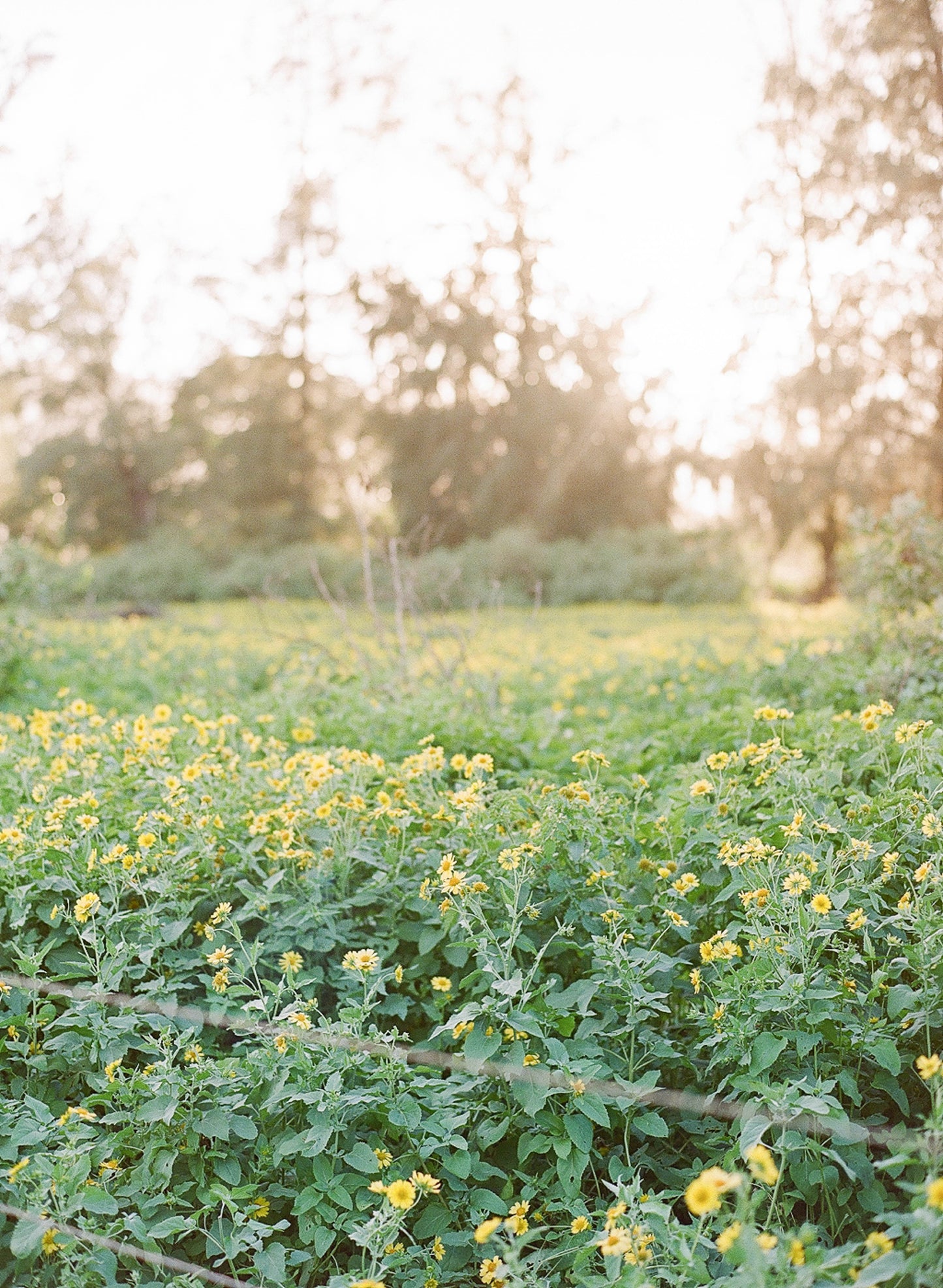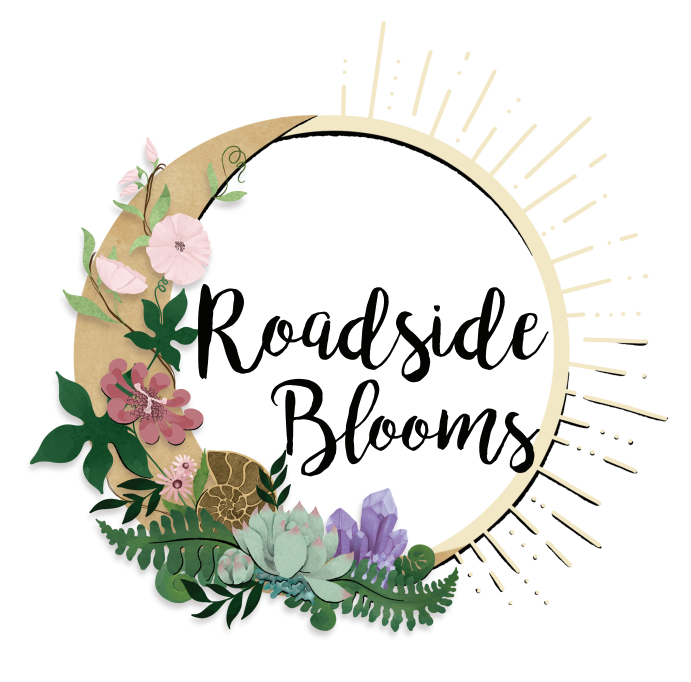

By Toni Reale
The survival of life on earth rests primarily on the wings of pollinators, such as birds, bees, wasps, butterflies and other insects, and on the backs of a few small mammals. They play the most critical role in our ecology -- aiding in plant reproduction, which results in food, habitat, building materials and oxygen.
According to scientists, somewhere between 75 percent to 95 percent of all plants require pollination, and a staggering one-third of all food that feeds humanity can only be produced with a pollinator’s help.
Although our very survival is dependent upon the survival of pollinators, it seems that not much thought goes into their protection. Development, land use changes, pesticide application, climate change and environmental degradation greatly threaten pollinator species., By not placing value on the incredible environmental services that pollinators provide our society, we are essentially biting the hands (albeit wings) that feed us.
There are lots of organizations locally and internationally that spread awareness of the plight of pollinators. Here in the Lowcountry, organizations such as the Charleston Parks Conservancy, Charleston Audubon and Keep North Charleston Beautiful work tirelessly to create and maintain beautiful gardens and pollinator habitats. Through the fruits of their labor, visitors to local parks and butterfly gardens are made visually aware of and inspired by the important role of urban gardens and greenscapes.

How you can help
You can also help the plight of pollinators locally by creating a safe and inviting habitat for them in your yard. Clemson Extension suggests incorporating eight to 10 native plants into your existing landscaping to attract a diverse population of bees and other helpful insects. Studies show that not all pollinators have the same stamina when it comes to traveling. Cluster the same species when planting for visual impact and to cut down the need for pollinators to travel far distances. If time or space for installing a pollinator garden is limited, even one potted plant or flower box on a patio is helpful.
Listed here are a few favorite native plants that can be successfully grown in the Lowcountry and would be an excellent addition to your pollinator-friendly landscaping:
Serviceberry, a member of the rose family, can be grown as a tree or shrub and has year round visual interest.
The Flowering Dogwood trees uniquely shaped white flowers are a sure sign that Spring is on its way. Its red berries are also an important source for food for Eastern bird populations.
The Virginia Sweetspire is a beautiful shrub that produces elongated flowers that smell heavenly.
Purple Coneflower, also known as echinacea, is a pollinator favorite and is also a beautiful cut flower.
Spotted Beebalm is one of the most interesting looking flowers. It is in the mint family, is fragrant, and has medicinal properties.
If you have the space for a climbing vine or need to cover a fence, Carolina
Jessamine grows rapidly and its little yellow trumpet shaped flowers sealed the deal in 1924 as our official state flower.
If you are looking for annual blooms to fill your perennial landscaping, consider any type of basil, sunflower or zinnia.
Avoid pesticide use on any of your landscaping as pesticides kill pollinators. If you have a pest or fungus that needs to be treated, consider organic options or consult with a Clemson Extension agent or any nearby garden shop for advice. Be part of the movement to create safe and nutrient-rich habitats for bees, birds and other insects. Giving power to the pollinators through simply planting things that even we can enjoy is ensuring our future.
Toni Reale is the owner of Roadside Blooms, a unique flower and plant shop in Park Circle in North Charleston. It specializes in weddings, events and everyday deliveries using nearly 100 percent American- and locally grown blooms. Online at www.roadsideblooms.com. 4610 Spruill Ave., Suite 102, North Charleston.
